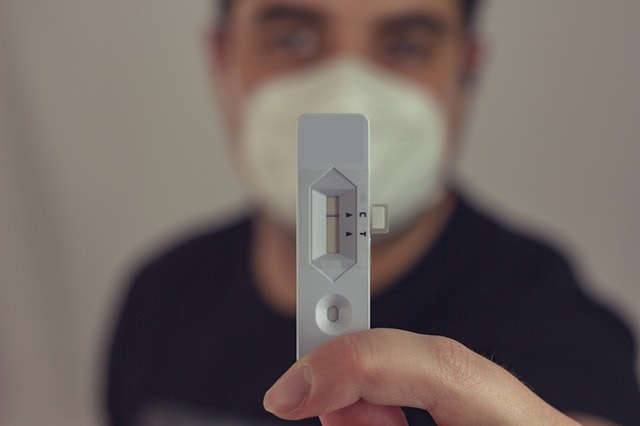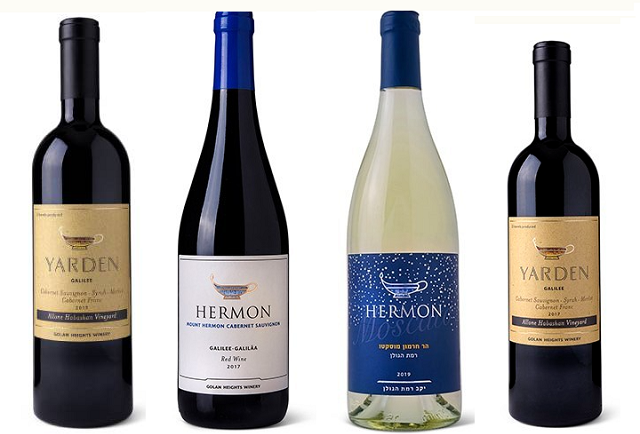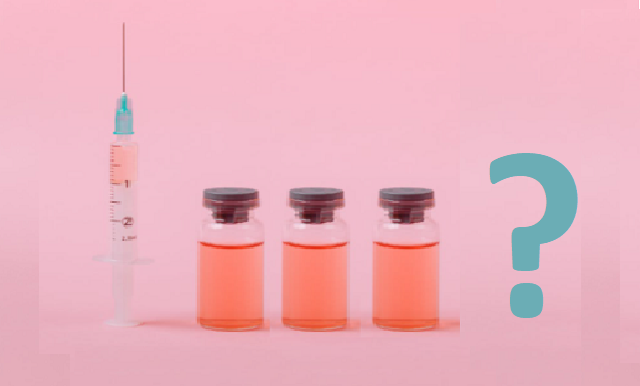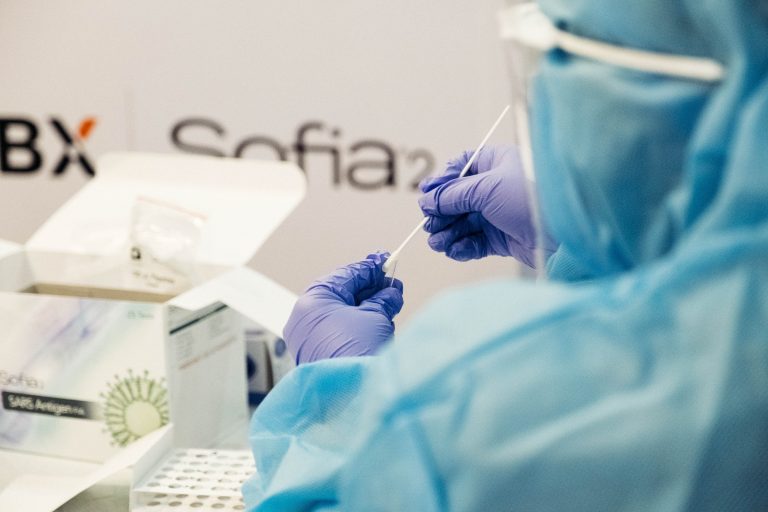Isrotel Royal Beach Hotel hotelEilat
Isrotel Dead Sea
Isrotel Dead Sea hotelDead Sea
Isrotel King Solomon Hotel
Isrotel King Solomon Hotel hotelEilat
Isrotel Agamim Hotel
Isrotel Agamim Hotel hotelEilat
American Colony
American Colony hotelJerusalem
Isrotel Agamim Hotel
Isrotel Agamim Hotel hotelEilat
Coronavirus (Covid-19) test-site locations In Israel.
MADA Coronavirus testing sites across Israel.

Members of the 4 health funds; Maccabi, Clalit, Leumit and Meuhedet can arrange for Coronavirus PCR testing with them. Test results are usually available within 24 hours.
In accordance with the government’s request, Magen David Adom conducts rapid corona testing for various Green Pass related purposes.
How much does a rapid antigen test cost?
A test at MADA costs 52NIS. It is free for children between the ages of 3 – 8 years.
You can purchase a digital-card that entitles you to 8 rapid tests at a cost of 272NIS
NOTE: You can purchase a do-it-yourself antigen test from a pharmacy from around 35NIS
How to make an appointment for the antigen test?
To make an appointment call *3101 from any phone.
You can also make an appointment online, (Hebrew only)
- Emergency telephone numbers
- How to call the emergency services
- Navigate Israel’s medical and healthcare system with these resources
MADA corona testing locations nationwide
Please note locations and schedules are updated from time to time, please check for updates before arriving here.
The Ultimate Guide to Israeli Wine & The Best Wines in Israel

One aspect of Aliyah that is sometimes overlooked, is finding food we miss from home. Good chance that the wines we regularly drank from the Napa Valley, USA, from Stellenbosch near Cape Town and those from vineyards in South Australia are not available here. But, at some point, down the line, we will be ready to explore alternatives.
Wine has been produced in Israel since biblical times and while Israel does not feature on the top-ten list of wine producing countries, hundreds of local wineries, ranging in size from small boutique enterprises to large companies produce over 30 million bottles per year.
The top 4 major wine regions of the world; France, Italy, U.S.A. and Spain, produce over half of all the wine in the world.
Did you know that the modern Israeli wine industry was founded by Baron Edmond James de Rothschild, owner of the Bordeaux estate Château Lafite-Rothschild? He also imported French grape varieties and helped establish the Carmel Winery in 1882.
Does Israel produce good wine?
You can spend a lot of money on a bottle of wine but price does not always indicate quality. So how do you find a good quality Israeli wine at a reasonable price?
The Israeli wines we see on supermarket store shelves probably look similar to the wines you are used to back home and most come from approved vineyards here in Israel.
A substantial number of local wines, mostly the sweet ones, are used in religious and sacramental rituals.
There are many small, boutique wineries that produce small batches and will customize their wines according to their customers’ preferences.
The Best Israeli Wines
There are many types of local wines and over the years I’ve tried Shiraz, Merlot, Cabernet Sauvignon, Bordeaux Blends, Chardonnays, Pinot Noir, Muscats and others too. Most are quite pleasant.
Winemaking in Israel takes place in 5 major regions; Galil and the Golan Heights, the Judean Hills, the Negev and around Haifa (Zichron Yaacov and Binyamina).
There are a wide range of microclimates across Israel with different soil types and it is these soil types that allow different varieties of grapes to thrive resulting in unique flavors.
How much is a bottle of wine in Israel?
On supermarket shelves we’ll see best-value-for-money wines from vineyards like; Recanati, Barkan, Golan, Binyamina and Segals. Starting price-point for a decent wine is around 50NIS/bottle.
Israel’s most expensive wine is a Cabernet Sauvignon from the Golan Heights winery retailing at over 700NIS/bottle and it definitely wont be found on supermarket shelves.
Sweet, Kiddush and sacramental wines are the cheapest at around 20NIS/bottle.
Carmel and some Teperberg wines come in at around 35NIS/bottle (both red and white).
The variety of grapes
Most Israeli wineries use the same varieties of grapes for their wines. If you’d like to try something new or different, try a wine from a small winery.
Alcohol content
A traditional wine has alcohol levels ranging from 12 to 16% – while the French or Italian standard, would be around 15% – to 25% alcohol.
What about Kosher wines?
Surprisingly, not all wines produced in Israel are kosher. Orthodox Jews believe for a wine to be considered truly kosher it should be prepared only by Jews. This is not always the case. Some will consider wine made by non-Jews to be kosher only if heated; mulling, cooking and pasteurizing wine renders it kosher.
Tips for pairing wine with food
The experts say
- Pinot Noir: Pairs with earthy flavors
- Chardonnay: Great with fatty fish or fish in a rich sauce
- Champagne: Perfect with anything salty
- Cabernet Sauvignon: Fabulous with juicy red meat
- Sauvignon Blanc: Goes with tart dressings and sauces
- Dry Rosé: For rich, cheesy dishes
- Zinfandel: For pâtés, mousses and terrines
- Riesling: Pairs with sweet & spicy dishes
Pairing wine with chocolate
At your next dinner party, instead of serving the usual deserts, try serving fabulous chocolates paired with wine
- White chocolate: Pairs well with Riesling and sweeter Rosè
- Milk chocolate: Pairs well with Pinot Noir, Merlot, Gewürztraminer
- Dark chocolate: Pairs well with Zinfandel, Cabernet Sauvignon & Merlot
A few Hebrew ‘wine-words’ you might want to know
| English | Hebrew | Transliteration |
| Grapes | ענבים | Anavim |
| Wine | יַיִן | Yayin |
| Vineyard | כֶּרֶם | Kerem |
| Acidity | חוּמצִיוּת | Chumtziyut |
| Sweetness | מתיקות | M’tikut |
| Corkscrew | חוֹלֵץ | Choletz |
| Bottle Opener | פותחן בקבוקיםפ | Potchan (Bakbukim) |
| Drunk | שיכור | Shikor |
| Winery | יקב | Yekev |
Which is your favorite wine? Let us know in the comments section below.
Green Pass eligibility for Israelis vaccinated abroad.
Do you perhaps have the answer for a reader who sent us this question regarding her eligibility for the Green Pass?

“Perhaps my problem is being faced by others as well:
With regard to the Green Pass, I had my first two shots in Israel and received a vaccination certificate. I was in the States for the summer and in August (8 months after the second one in Israel) received a 3rd shot and an American vaccine certificate for the 3rd shot.
Returning to Israel in early October, I had a covid test at B-G [Ben Gurion] and received a confirmation of a negative result the next day.
I then went to the MOH website and tried to enter my information on the tofes ramzor form and the reply was that I was not eligible for a Green pass.
*5400 [Ministry of Health Hot Line] did not respond at the MOH and I began to get calls and visits from the “policecovid”.
I learned that my kupa – Clalit – should make sure my record with the 3rd shot was correct. I did, but am still getting the note that I am not eligible. I do not know who to turn to and how to get the Green pass to which I am entitled.
I hope you can address this as I expect I am not the only one with a 3rd shot from abroad. Thank you!”
As you will see in the comments section below, and from other responses we got via Facebook, the answer is as follows:
You need to get an official document certifying your vaccination. In this instance, the reader was from the USA and so she needed a certification from the CDC confirming that she had had the vaccination.
You need to submit that certification to your Health Fund.
It will take some time, even a few weeks, until all the paperwork is done but once it is, you should receive notification from your Health Fund confirming this.
Once the system has been fully updated, there should be no problem getting the Green Pass.
Update: The reader updated us and said that after a few more days, her eligibility was confirmed and she was delighted that the ‘covid police’ had stopped banging on her door.



